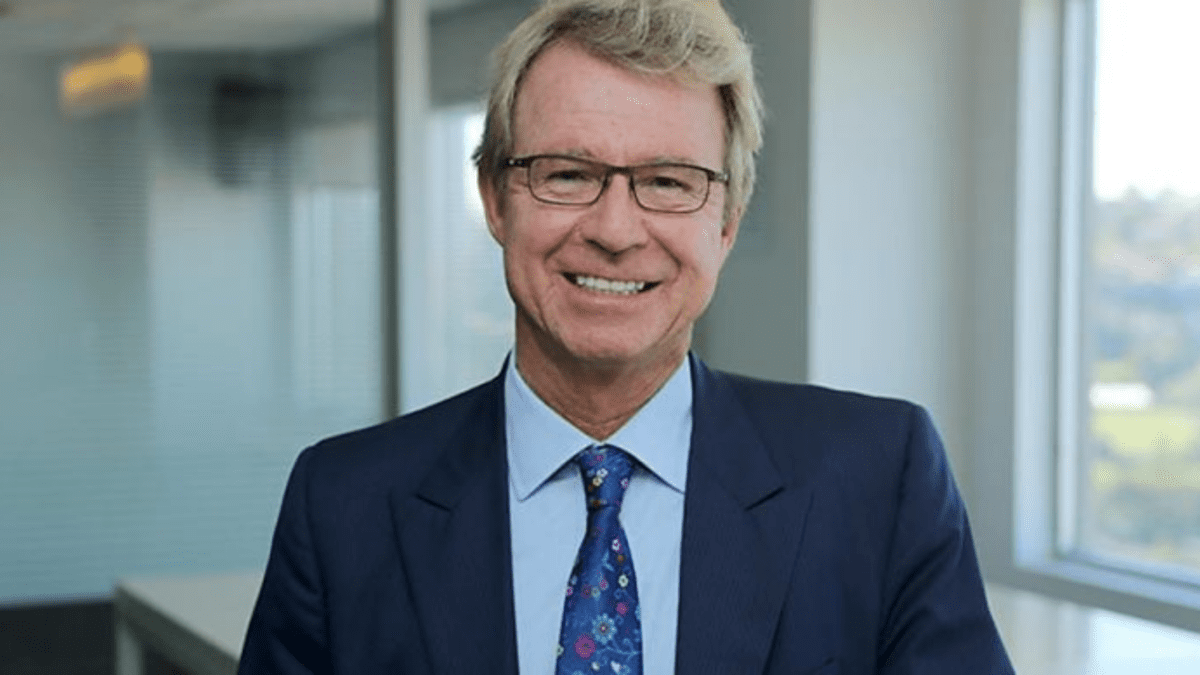Investing responsibly? It’s not as easy as you think……
ESG or Environmental, Social and Governance investing, has continued to grow in popularity despite the pandemic. While the sector has been a feature of institutional and pension fund portfolios for many years, it remains in its infancy for self-directed investors and advisers. One of the biggest issues highlighted in our discussions and research has been the disconnect between the large pension funds, global fund managers, and the actual investors’ views on ESG and other issues.
In many cases, such as Australia’s industry fund sector, ESG is advertised as being core to an investment strategy, however it does not stop investments in gambling or mining companies, such as those who struggle to meet community expectations, like Rio Tinto Ltd (ASX:RIO) or Westpac Corporation (ASX:WBC) following their recent scandals. For example, Rio Tinto had very high ESG ratings for its policies on indigenous land rights, and it was rated the top mining company in Corporate Human Rights for two years running, in 2018 and 2019. Then, in 2020, it (legally) blew up a 46,000-year-old cultural site at Juukan Gorge in the Pilbara.
In some cases, it seems to be simply a glancing consideration of ESG factors, rather than a willingness to engage with their members and investors to understand their views. As a financial adviser, I am privileged to hear these on a daily basis from a diverse array of clients, friends and experts.
In my experience, one of the most confusing parts of the ESG discussion is the lack of a true accreditation process or central body. Before proceeding, it is worth noting that the Responsible Investment Association of Australasia (RIAA) is going some way to improve this. In nearly every meeting with a fund manager, one of our key due diligence questions relates to its ESG policies, and how they impact investment decisions. In most cases, the answer is simple: ‘We are signatories to the United Nation’s Principles of Responsible Investment.’
While being an important step in becoming responsible investors and custodians of client capital, the UN PRI are quite broad and tend to lack detail. Despite the fact that the PRI process involves an extensive questionnaire, lodgement fee and regular disclosures around investment policy, it remains a voluntary and truly aspirational code of conduct, rather than anything enforceable. For instance, the Commitment made by fund managers is as follows:
“As institutional investors, we have a duty to act in the best long-term interests of our beneficiaries. In this fiduciary role, we believe that environmental, social, and corporate governance (ESG) issues can affect the performance of investment portfolios (to varying degrees across companies, sectors, regions, asset classes and through time)”.
And ultimately each signatory agrees to the following:
- We will incorporate ESG issues into investment analysis and decision making
- We will be active owners and incorporate ESG issues into our ownership policies and practices
- We will seek appropriate disclosure on ESG issues by the entities in which we invest
- We will promote acceptance and implementation of the principles within the investment industry
- We will work together to enhance our effectiveness in implementing them
- We will each report on our activities and progress
The issue, in my view, is that there is simply far too much flexibility and individual discretion as to what fits certain ESG criteria and what doesn’t. Or alternatively, whether avoiding a company on ESG issues is appropriate, or investing in that company but seeking to improve its ESG policies through proxy voting or other influences. It is the way that some of the world’s largest gaming, tobacco or even arms-related companies can end up in portfolios with little more than a short comment from the manager.
There is clearly a long way to go for the sector, particularly in communicating with the ultimate providers of capital, being you, our readers. In my view, a great starting point would be for the major global managers to offer investors the same ability, excluding tobacco or gaming options, that is offered to the much larger pension funds.









